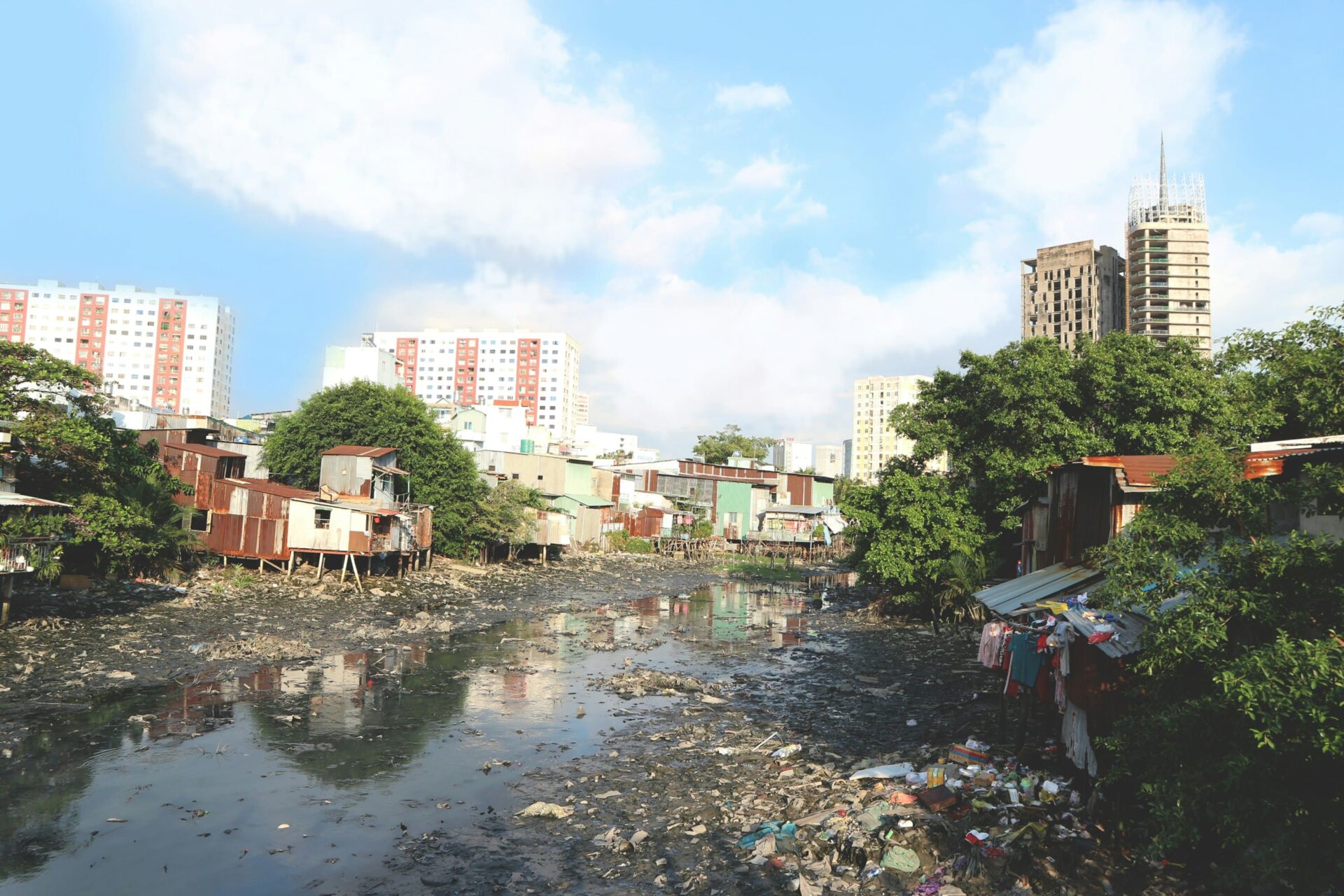Challenges to a Green Future: Addressing Vietnam’s Waste Problem and Sustainable Solutions

Amidst its rapid economic growth, Vietnam is facing a severe waste management challenge, exacerbated by swift urbanization and increased consumption. This article explores the current state of waste issues, their root causes, initiatives by the government and local authorities, the role of civil society and corporations, and paths towards sustainable waste management. Understanding and engaging with this issue is a crucial step for residents, visitors, and business travelers in Vietnam towards fostering a better environmental coexistence.
目次
1. The Current State of Waste Issues in Vietnam
In Vietnam’s urban areas, especially in cities like Hanoi and Ho Chi Minh City, the massive increase in population and consumption has led to an overwhelming amount of waste. The rising tide of plastic waste is particularly alarming, contributing to marine pollution that not only affects local regions but poses a global problem. In rural areas, the lack of proper waste management facilities often results in inappropriate disposal methods like open burning, causing environmental pollution.
2. Root Causes and Impacts of Waste Issues
The waste problem in Vietnam stems from rapid economic growth and changes in consumption culture, leading to increased use of disposable plastics and packaging materials. This issue not only causes environmental pollution but also poses health risks, especially around waste processing areas, due to bad odors and disease risks. Additionally, the loss of scenic beauty in tourist areas presents a significant challenge to Vietnam’s tourism industry.
3. Efforts by Government and Local Authorities
The Vietnamese government has introduced laws and policies aimed at recycling promotion and plastic waste reduction. Local authorities have implemented concrete measures such as waste segregation and recycling programs and environmental education for residents. In Hanoi, facilities have been established to reuse organic waste as resources, and awareness campaigns are being conducted.
4. The Role of Civil Society and Corporations
Community groups and NGOs contribute to raising awareness about waste issues through cleanup activities and educational campaigns. For instance, organizations like ‘Let’s Do It! Vietnam’ conduct regular beach cleanups and advocate for plastic waste reduction. Corporations are also engaging in CSR activities, reducing packaging, and using environmentally friendly materials as part of their zero-waste initiatives.
5. Pathways to Sustainable Waste Management
Sustainable solutions to Vietnam’s waste problem require promoting waste reduction, reuse, and recycling. Educating and raising awareness among consumers is crucial, as is fostering a culture of reusing and recycling waste as a resource. Developing a unified national waste management policy and the legal and financial frameworks to support it is key to addressing Vietnam’s environmental challenges.
(Photo by Unsplash.com)



